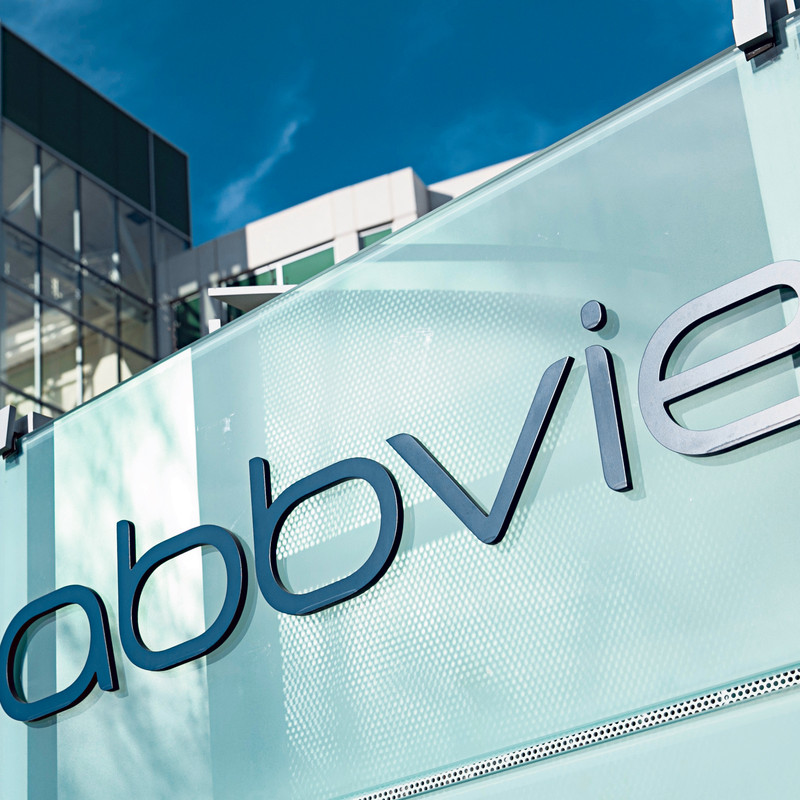
AbbVie, a global research and development-based biopharmaceutical company, announced positive top-line results from the Phase 3 SELECT-MONOTHERAPY clinical trial. This ongoing study evaluated upadacitinib (ABT-494), an investigational oral JAK1-selective inhibitor, as a monotherapy treatment in patients with moderate to severe rheumatoid arthritis (RA) who did not adequately respond to treatment with methotrexate. Results showed that after 14 weeks of treatment, both once-daily doses of upadacitinib (15 mg and 30 mg) met the study’s primary endpoints of ACR20** and low disease activity (LDA)*** versus continuing prior stable methotrexate therapy. Both doses also achieved all ranked and all key secondary endpoints. Upadacitinib is not approved by regulatory authorities and its safety and efficacy have not been established.
“The positive results from the SELECT-MONOTHERAPY study are encouraging, as they are the first evidence to support the potential of upadacitinib as a therapy without the need for background methotrexate,” said Michael Severino, M.D., executive vice president, research and development and chief scientific officer, AbbVie. “These findings add to the growing body of data showing the potential for upadacitinib as a meaningful treatment option for patients suffering from rheumatoid arthritis. We look forward to sharing additional data from the upadacitinib Phase 3 rheumatoid arthritis program with the scientific community in 2018.”
Rheumatoid arthritis, which affects an estimated 23.7 million people worldwide, is a chronic and debilitating disease.14 Methotrexate is commonly used as a first-line therapy in rheumatoid arthritis, but many patients do not respond to or cannot tolerate methotrexate, which puts them at risk for disease progression.15-17
“This trial addresses the clinical impact of switching from methotrexate to upadacitinib as monotherapy in patients with an inadequate response to methotrexate. Results suggested that both doses of upadacitinib can provide clinically meaningful responses,” said Josef S. Smolen, M.D., Department of Medicine, Division of Rheumatology, Medical University of Vienna, Austria, and an investigator in the study. “These findings support the potential for upadacitinib monotherapy as a treatment option for patients with rheumatoid arthritis.”
The study showed that at week 14, 68/42/23 percent of patients switched to 15 mg once-daily upadacitinib and 71/52/33 percent of patients switched to 30 mg once-daily upadacitinib achieved an ACR20/50/70** response, compared to 41/15/3 percent of patients continuing on methotrexate.1 These results were statistically significant (p<0.001 for all comparisons) compared to patients who continued on their baseline methotrexate dose.
Additionally, a significantly higher proportion of upadacitinib patients in both dose groups achieved LDA and clinical remission targets at week 14 compared to patients continuing on methotrexate (p<0.001).1 Low disease activity was achieved by 45 percent and 53 percent of patients in the 15 mg and 30 mg groups, respectively, compared to 19 percent of patients continuing on methotrexate.1 Clinical remission was achieved by 28 percent and 41 percent of patients in the 15 mg and 30 mg groups, respectively, compared to 8 percent of patients continuing on methotrexate.1
Filed Under: Drug Discovery




